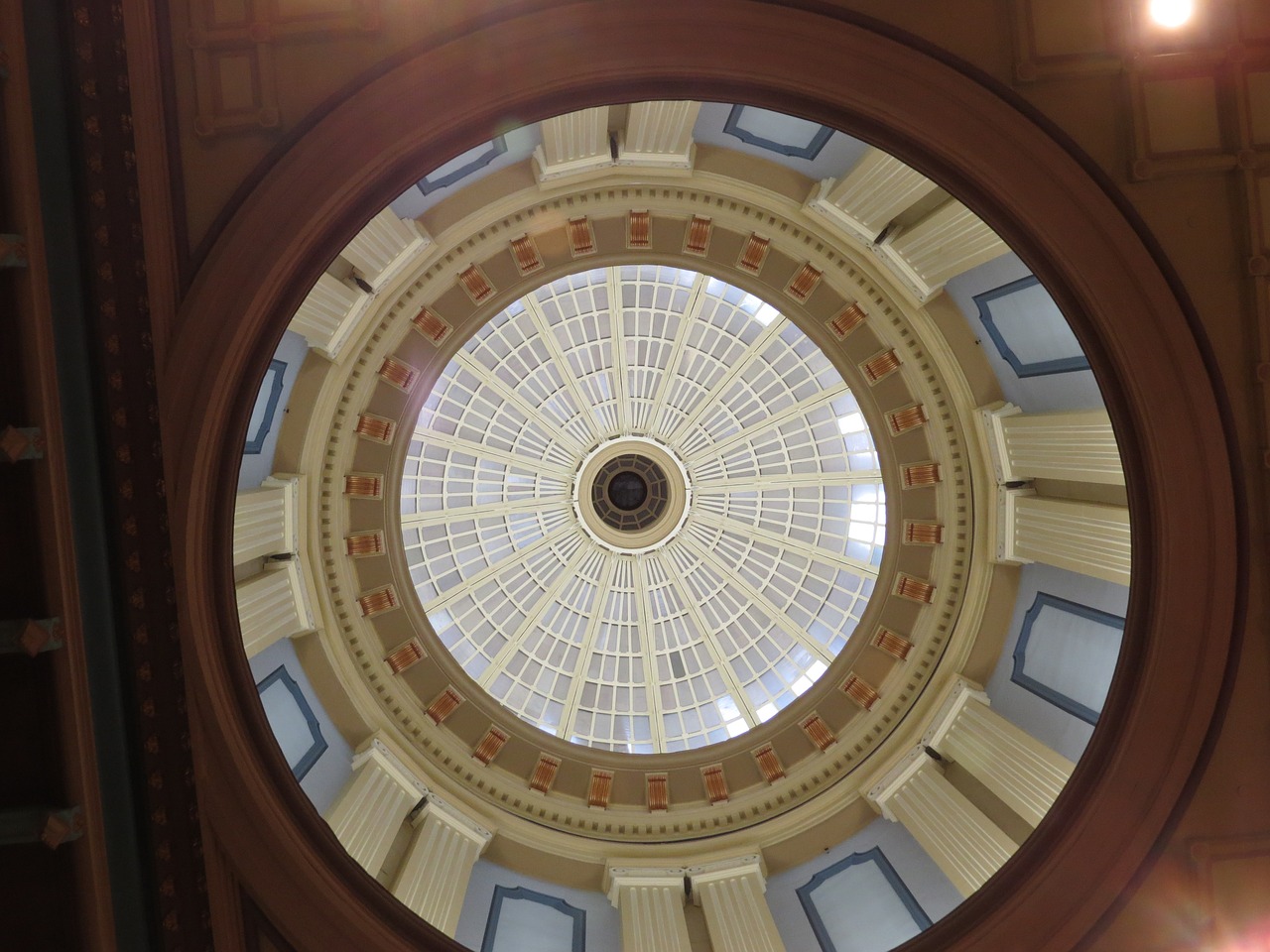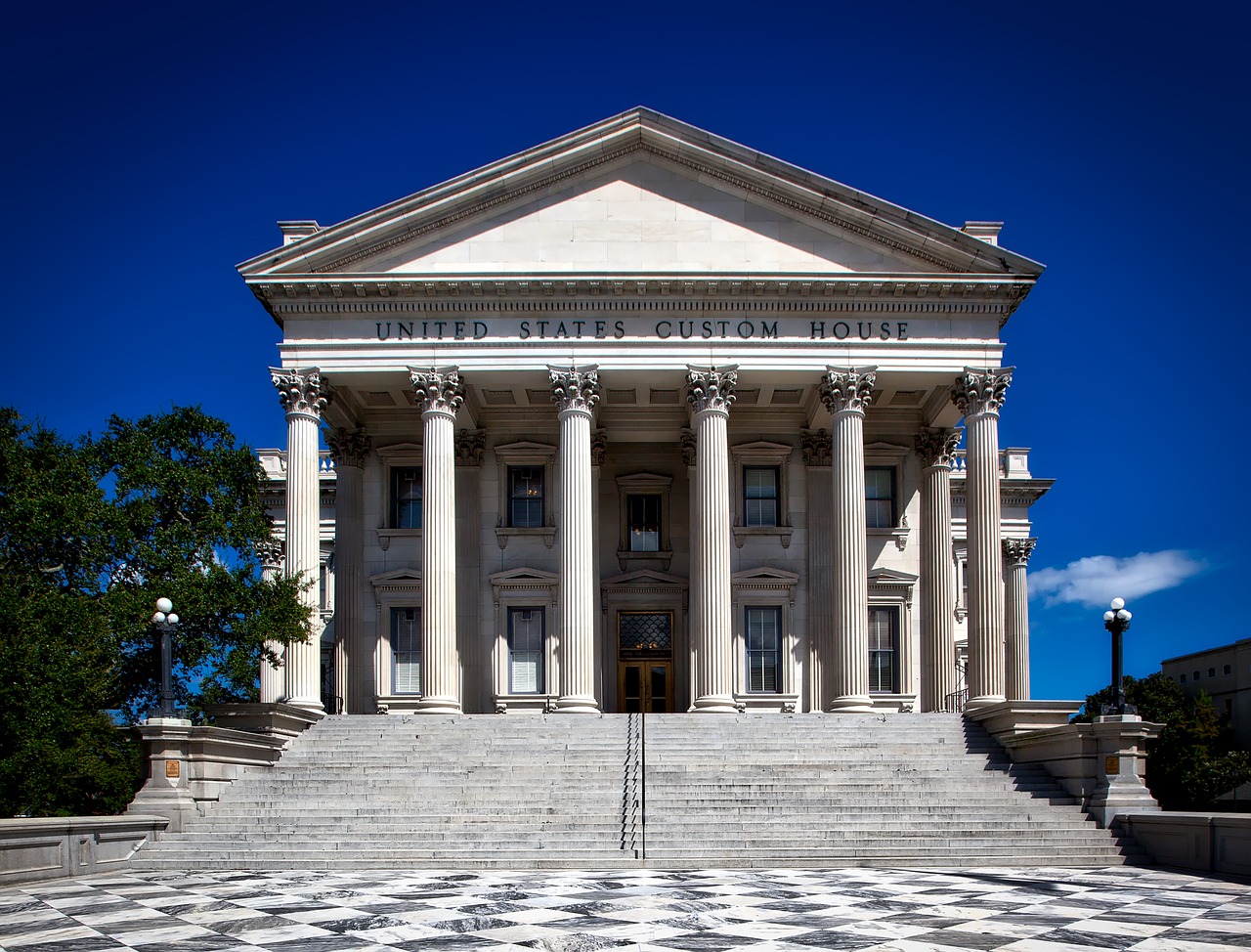By Frank Andorka, Senior Correspondent
Duke Energy is asking the South Carolina Public Services Commission to reinstate retail net metering until a compromise can be reached on raising the current 2% cap, an issue that has roiled the South Carolina solar industry over the past 12 months.
The utility has joined a group of solar stakeholders to extend the net metering program through March 15, which they allow time for the development of long-term recommendations through the ORS-led collaborative process and for legislative consideration of any consensus recommendations, including any recommendations related to future net metering policies or programs.
As Duke Energy spokesman Ryan Mosier explains:
We believe this temporary extension of net metering will provide consistency and certainty for customers and the renewable energy industry in South Carolina while Duke Energy and other interested stakeholders develop recommendations for consensus, common-sense policies that are fair and balance the interests of all who call South Carolina home: solar providers, energy companies, and customers who use solar energy – and those who do not.
The list of co-petitioners reads like an all-star list of clean energy advocates in the state: the South Carolina Office of Regulatory Staff, South Carolina Coastal Conservation League, Southern
Alliance for Clean Energy, SunRun, on behalf of the Alliance for Solar Choice, and the South Carolina Solar Business Alliance.
The petition would appear to be something of an about-face for Duke Energy, which consistently has opposed raising the 2% net metering cap that it hit earlier this year, helping to scuttle a compromise bill that had worked its way through the legislature and seemed well on its way to passing until the state’s utilities got involved. Instead of passage, the bill was scuttled using an obscure parliamentary tactic that changed the type of bill it was and thus the vote margin necessary for passage.
As a result, the simple majority that had planned to vote for the bill was no longer enough for the bill to pass, and so the compromise died.
It’s unclear what compromise Duke Energy is seeking, although their comments about protecting “customers who use solar energy – and those who do not. (emphasis added)” indicate there may be some charge suggested to mitigate the mythical cost shift that utilities claim occurs when solar customers don’t pay their fair share of transmission costs.
National studies have concluded that a “cost shift” only happens when solar penetration reached 10% of the total electricity generation (something happening in only five states in the country, and South Carolina isn’t one of them). Even at the 10% level, those same studies peg the cost shift at fractions of a penny per kWh.




